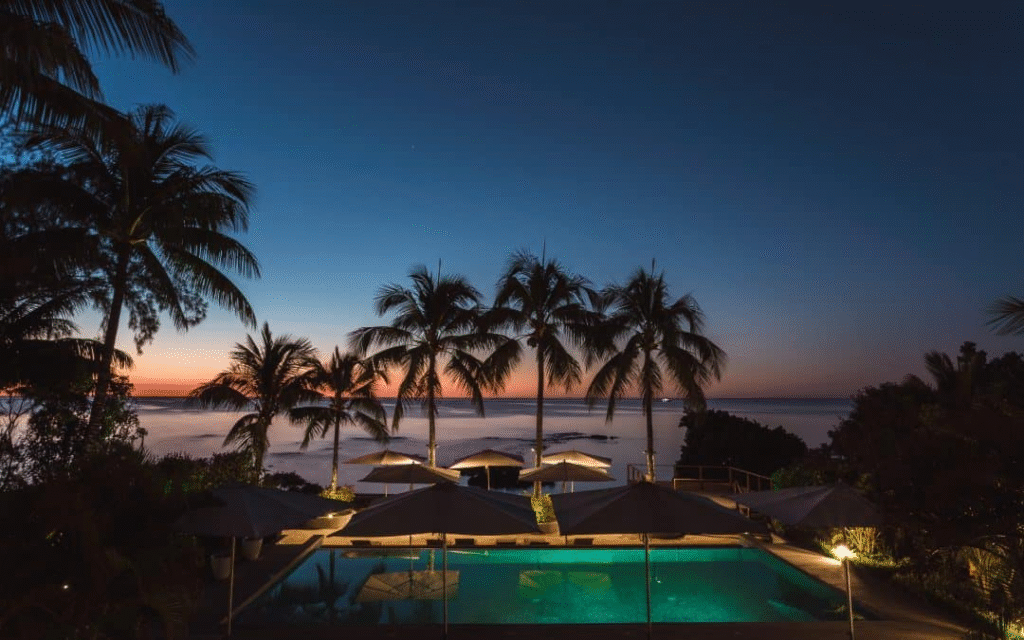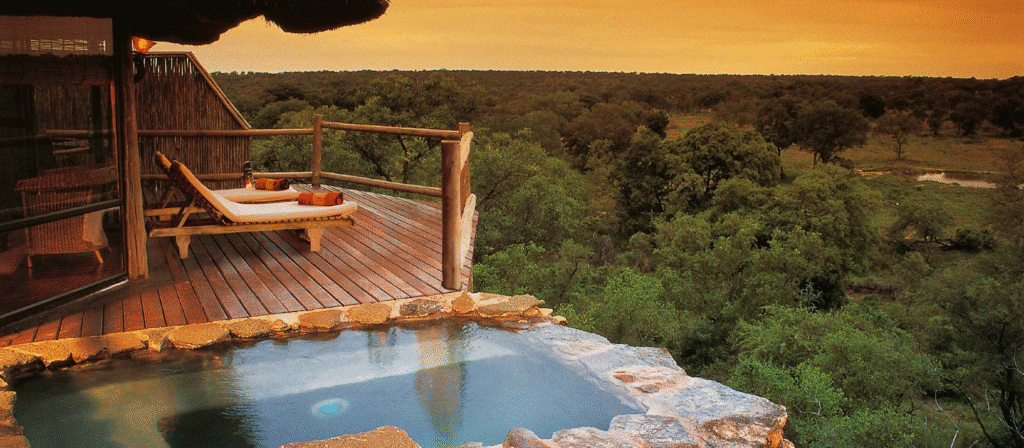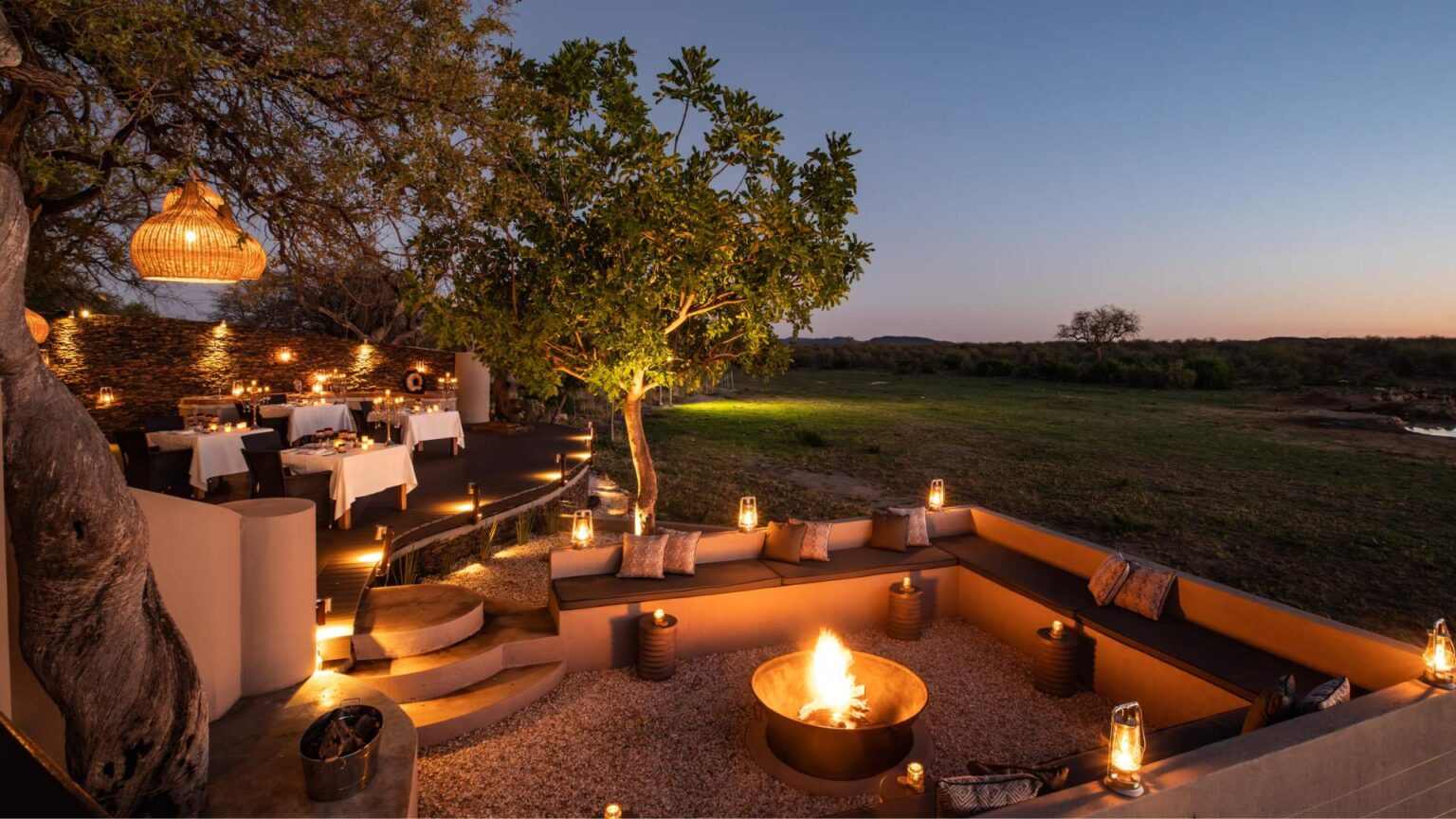At a Glance
- Diaspora demand is driving Africa’s fastest-growing luxury travel segment.
- Heritage-linked tourism is boosting real estate and hospitality investments.
- Authentic community ties are essential for sustainable high-end tourism growth.
Across Africa, luxury tourism is being reshaped by diaspora demand. Wealthy travelers are increasingly turning heritage and “roots” trips into premium experiences, creating a segment that is forcing hotel groups, tour operators and governments to rethink strategy.
This new wave of visitors is not just looking for sun and safari. Many high-net-worth travelers are paying top rates for cultural immersion, privacy and curated experiences that connect them with ancestry. Think private genealogy-led tours, bespoke wellness retreats or villa buyouts near historic and spiritual sites.

From sentiment to investment
What might look like nostalgia is now a powerful business driver. The appetite for heritage-linked luxury experiences is feeding development pipelines from Ghana to Kenya, expanding demand for concierge services and boutique offerings across the continent.
Africa’s travel market as a whole is expanding. The fastest growth is coming from sectors that prize quality over quantity—eco-retreats, boutique safari camps and branded resorts.
Developers and international operators are moving to secure diaspora spending, while fintech and local startups are streamlining cross-border payments and bookings to make it easier for overseas visitors to plan and pay from abroad.
The knock-on effect is clear: valuations for prime coastal and safari properties are climbing, and historic estates are being converted into revenue-generating tourism assets.

Growth and its tensions
But the expansion brings challenges. Studies show high-end tourism projects often bypass local communities, with profits flowing offshore and guests isolated in self-contained enclaves. Imported food and foreign staff can deepen the sense of exclusion.
The reputational risks are significant, particularly when travelers—especially those returning to ancestral homelands—expect authentic interaction and meaningful community involvement.
For diaspora travelers, authenticity is personal. They notice when luxury experiences fail to include local voices. Operators who partner with communities, integrate local supply chains and co-create cultural experiences are rewarded with repeat bookings and a stronger social license to grow.
Policy shifts to welcome diaspora investors
Several countries are rolling out ancestry-linked visa programs, boosting heritage-site preservation and offering incentives to diaspora-led investment. These moves send a clear signal to both travelers and developers: the diaspora is not just welcome as tourists but as long-term investors in culture and hospitality.
Recent citizenship and memorial-tourism initiatives—particularly in West Africa—show how policy can drive visitation while creating luxury experiences that blend ceremony, history and curated hospitality. They also help reduce the seasonality of Africa’s tourism sector, expanding its base of high-yield visitors.
A market redefining luxury
For luxury brands, the playbook is shifting. The most successful products are designed for connection as much as comfort—intimate cultural journeys, chef-led culinary residencies and private-collection stays that carry deeper meaning.
Digital platforms that simplify booking and payments are becoming essential, as convenience matters as much as experience.
In a market where stories sell as much as scenery, Africa’s diaspora has become more than a niche audience. It is a catalyst reshaping the economics of high-end travel—one that rewards companies willing to align profit with heritage and hospitality with belonging.















